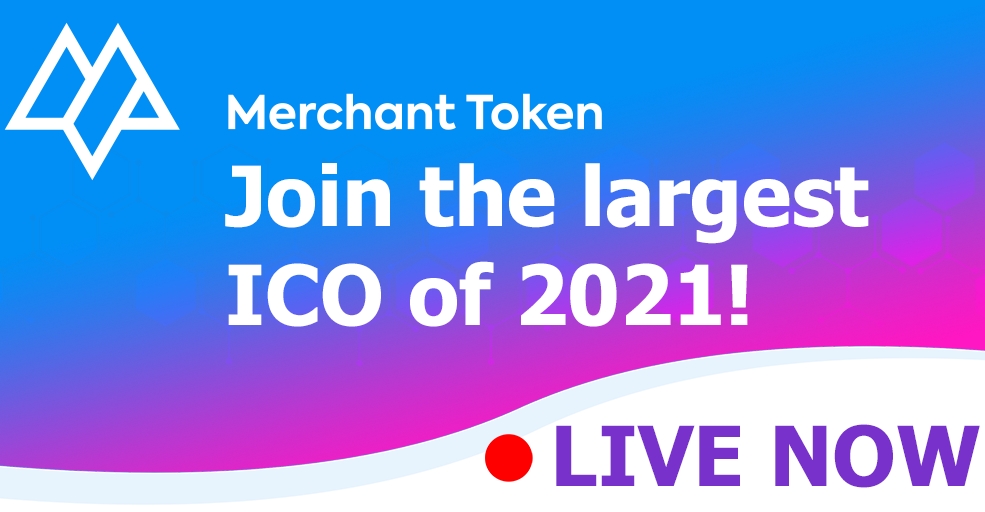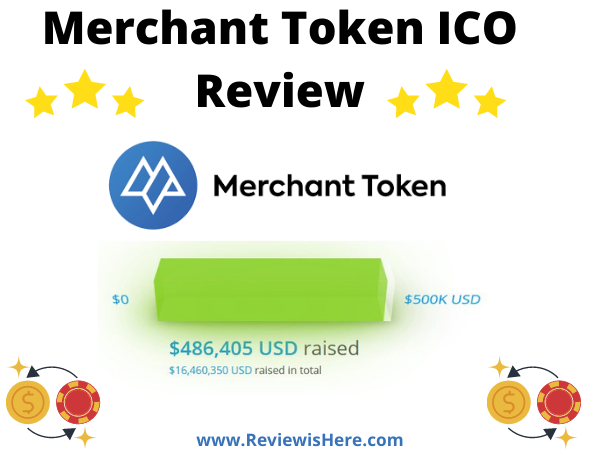

Recent purchase through their website, opening up new opportunities for customer engagement. And this is useful for merchants that interact with cardholders through various channels, such as mobile apps, physical stores, call centres and pop-up stores.įor instance, when a fashion retailer receives an omni-token for a customer’s card number on their website, the merchant could use the same token to identify the customer if they came into the store to make a purchase. Omni-tokens can be used across the merchant’s range of payment channels.

These include fraud checks, settlement, and authorisations. Translating said tokens into actual card numbers for external payment-related processes. When their payment provider generates the tokens, the merchant will receive these tokens to use internally, while the provider is responsible for Merchants can generate merchant tokens by engaging a payment platform that can provide them with omni-tokens. This independence nurtures innovation and integration of both internal and external systems in the merchant’s own environment. These within their own environments, define the formats and the usage of these tokens, and migrate them to another provider. Merchant tokens are much more popular, given the ability for merchants to handle The gap left by eliminating card numbers from retail environments can be filled by merchant and acquirer tokens, as these are the most practical tokens that are fit for the job. How do merchants retain control and flexibility? These can also be used to pay multiple merchants during their lifespan. TheyĮnable end to end payments from merchants to issuers without needing to translate them into a card number. These tokens are requested based on specific use cases, on behalf of merchants and cardholders. They are generated in a framework known as Token Program on behalf of at least one card issuer. Payment tokens are newer than the other tokens mentioned. They haveĪ much broader scope and can be used to pay for products and services across multiple merchants. They are usually given directly to a cardholders’ mobile wallet, card chip or app.

Issuer tokens are generated by card issuers and schemes for specific use cases, including mobile payment applications like Apple Pay, Google Pay and Samsung Pay. This gives merchants a stronger degree of These tokens are produced when a cardholder tenders their card for transaction processing but they are owned by the merchant. Merchant tokens are generated specifically for a merchant by the provider they choose. However, these tokens are highly dependent on acquirers. There are a range of different types of tokens and it is crucial to know the difference:Īcquirer tokens are produced by acquirers when cardholder transaction requests are processed on behalf of merchants and they return the token in the transaction response. The security of an individual token relies predominantly on the infeasibility of determining the original PAN knowing only the surrogate value."įrom this definition, it is clear that a token cannot be traced back to an actual card or reveal the card number of the person who holds them, as tokens are not encrypted card numbers. The PCI Security Standards Council outlines tokenisation as "a process by which the primary account number (PAN) is replaced withĪ surrogate value called a token. In much the same way, in the context of payments, a ‘token’ typically refers to a payment tool within a defined environment. These tokens represented money, but only had value within certain environments - We couldn’t use them for purchases outside of the arcade. Yet, with merchants relying on this sensitive data in order to execute a myriad of basic functions, how can tokens be a substitute for the real deal?įor many of us, the word ‘token’ takes us back to when we’d receive them at fairgrounds or the pier arcade, using them to redeem toys and win at claw machines. However, incidents of high-profile data breaches have brought this topic to the fore, highlighting the need to keep sensitive customer data under lock and key. Processes such as reservations, returns, reportingĪnd rewards typically require confidential data. Merchants worldwide have grown increasingly mindful of keeping customers’ sensitive data, such as payment card details, out of their own environments – and tokens seem to be the go-to tool to fill the gap.


 0 kommentar(er)
0 kommentar(er)
